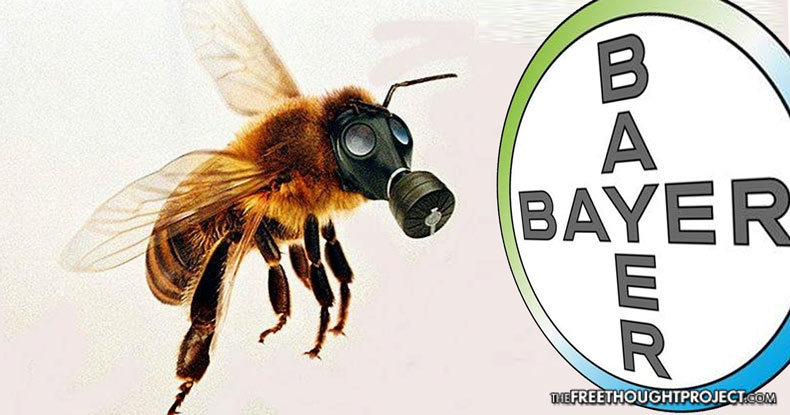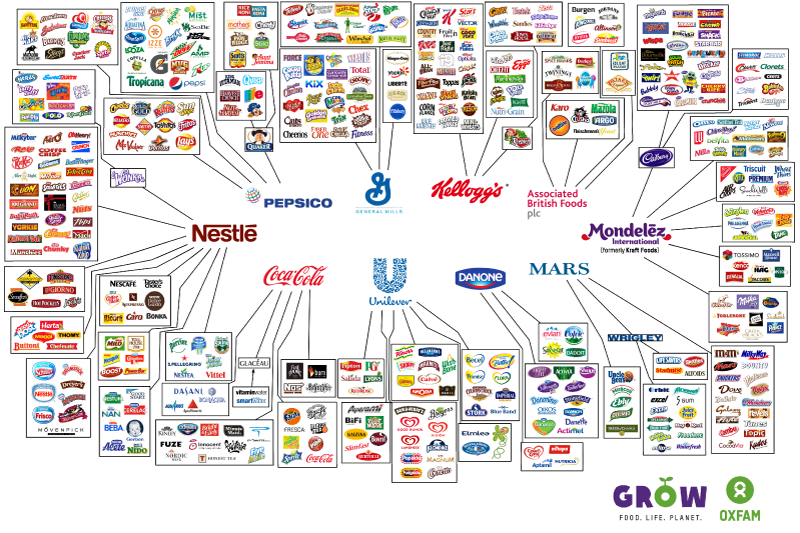
EU Pesticide Reduction proposal under attack
The EU Pesticide Reduction proposal is under attack. Lobbyists from pesticide industry group Croplife and industrial farming group Copa-Cogeca developed a strategy to delay the legislative proposal for pesticide reduction. On December 10 the EU agriculture ministers decided to ask for a new impact study on reducing pesticide use on food production in view of the war in Ukraine and the crisis of energy, fertilisers and food price.
What sounds like a harmless additonal study could be a show-stopper for the pesticide reduction proposal. If negotiations are stopped during the assessment it might be too late to decide on the pesticide reduction law in this Commission and Parliament period. With this new study, Europe is practically undermining its own Green Deal and farm-to-fork strategy that aimed to achieve a sustainable agriculture and support climate goals.
The decision is a slap in the face of the 1,1 million Europeans that signed for ambitious pesticide reduction in the Save Bees and Farmers initiative. It completely neglects the urgent letter signed by over 700 scientists and the calls from nature conservation and drinkng water organisations.
The corporate-driven agricultural practices involves monoculture crops that are dependent on high chemical inputs. This creates a positive feedback loop where pest plants and insects become resistant to herbicides and pesticides, prompting companies to make other, more toxic chemicals. This ever-growing dependence on chemicals, which threatens natural ecosystems and human health, is highly profitable to companies like BAYER.
